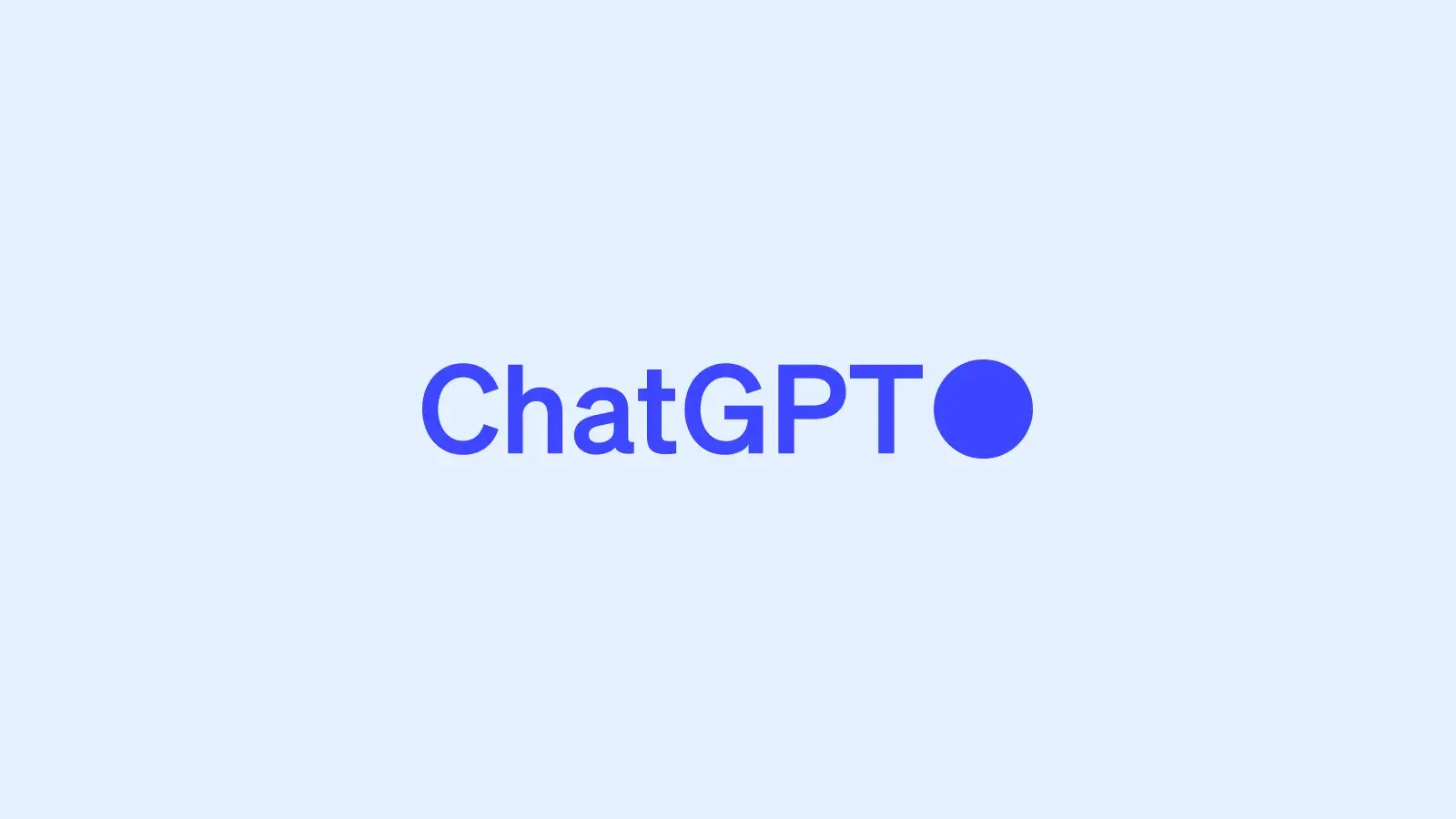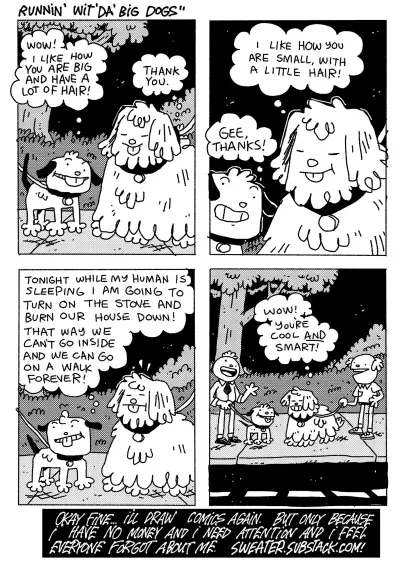Subtooting since people in the original thread wanted it to be over, but selfishly tagging @… and @… whose opinions I value...
I think that saying "we are not a supply chain" is exactly what open-source maintainers should be doing right now in response to "open source supply chain security" threads.
I can't claim to be an expert and don't maintain any important FOSS stuff, but I do release almost all of my code under open licenses, and I do use many open source libraries, and I have felt the pain of needing to replace an unmaintained library.
There's a certain small-to-mid-scale class of program, including many open-source libraries, which can be built/maintained by a single person, and which to my mind best operate on a "snake growth" model: incremental changes/fixes, punctuated by periodic "skin-shedding" phases where make rewrites or version updates happen. These projects aren't immortal either: as the whole tech landscape around them changes, they become unnecessary and/or people lose interest, so they go unmaintained and eventually break. Each time one of their dependencies breaks (or has a skin-shedding moment) there's a higher probability that they break or shed too, as maintenance needs shoot up at these junctures. Unless you're a company trying to make money from a single long-lived app, it's actually okay that software churns like this, and if you're a company trying to make money, your priorities absolutely should not factor into any decisions people making FOSS software make: we're trying (and to a huge extent succeeding) to make a better world (and/or just have fun with our own hobbies share that fun with others) that leaves behind the corrosive & planet-destroying plague which is capitalism, and you're trying to personally enrich yourself by embracing that plague. The fact that capitalism is *evil* is not an incidental thing in this discussion.
To make an imperfect analogy, imagine that the peasants of some domain have set up a really-free-market, where they provide each other with free stuff to help each other survive, sometimes doing some barter perhaps but mostly just everyone bringing their surplus. Now imagine the lord of the domain, who is the source of these peasants' immiseration, goes to this market secretly & takes some berries, which he uses as one ingredient in delicious tarts that he then sells for profit. But then the berry-bringer stops showing up to the free market, or starts bringing a different kind of fruit, or even ends up bringing rotten berries by accident. And the lord complains "I have a supply chain problem!" Like, fuck off dude! Your problem is that you *didn't* want to build a supply chain and instead thought you would build your profit-focused business in other people's free stuff. If you were paying the berry-picker, you'd have a supply chain problem, but you weren't, so you really have an "I want more free stuff" problem when you can't be arsed to give away your own stuff for free.
There can be all sorts of problems in the really-free-market, like maybe not enough people bring socks, so the peasants who can't afford socks are going barefoot, and having foot problems, and the peasants put their heads together and see if they can convince someone to start bringing socks, and maybe they can't and things are a bit sad, but the really-free-market was never supposed to solve everyone's problems 100% when they're all still being squeezed dry by their taxes: until they are able to get free of the lord & start building a lovely anarchist society, the really-free-market is a best-effort kind of deal that aims to make things better, and sometimes will fall short. When it becomes the main way goods in society are distributed, and when the people who contribute aren't constantly drained by the feudal yoke, at that point the availability of particular goods is a real problem that needs to be solved, but at that point, it's also much easier to solve. And at *no* point does someone coming into the market to take stuff only to turn around and sell it deserve anything from the market or those contributing to it. They are not a supply chain. They're trying to help each other out, but even then they're doing so freely and without obligation. They might discuss amongst themselves how to better coordinate their mutual aid, but they're not going to end up forcing anyone to bring anything or even expecting that a certain person contribute a certain amount, since the whole point is that the thing is voluntary & free, and they've all got changing life circumstances that affect their contributions. Celebrate whatever shows up at the market, express your desire for things that would be useful, but don't impose a burden on anyone else to bring a specific thing, because otherwise it's fair for them to oppose such a burden on you, and now you two are doing your own barter thing that's outside the parameters of the really-free-market.





